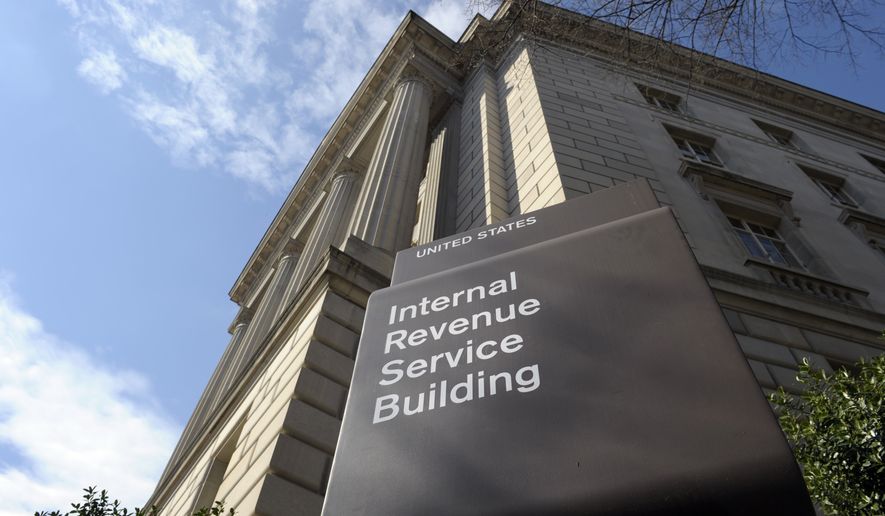Prisoners continue to claim bogus tax refunds, to a tune of more than $1 billion in 2012, and the IRS has yet to take enough steps to combat it, the agency’s inspector general reported Tuesday.
The IRS stopped most of the bogus claims but still paid out $70 million in bad refunds in 2012, the inspector general said — a drop from the $156 million paid in 2011, but about twice what had been paid in any previous year since 2007.
“Since TIGTA first began documenting this fraudulent activity four years ago, refund fraud committed by prisoners has grown to become a billion-dollar problem,” said Treasury Inspector General for Tax Administration J. Russell George. “It is incumbent upon the IRS to act aggressively to prevent tax fraud wherever it occurs, particularly behind bars.”
Investigators identified a number of flaws, including fraud cases the IRS’s methodology doesn’t catch, long-overdue reports to Congress and a delay in signing memos with state prison officials to allow the IRS to share information on prisoners who request bogus refunds.
In fact, just one state — whose name was redacted in the IG report — has signed the final memo allowing information sharing, and three additional states’ agreements are awaiting approval, investigators said.
The investigators said the IRS has trouble catching prisoner tax fraud when it involves an inmate filing bogus refund claims using someone else’s Social Security number. It detailed two cases, one in Pennsylvania and one in Alabama, where people who were serving time for tax fraud filed false income tax returns pretending to be other people and claiming bogus refunds.
One bank account used by a prisoner had 7,645 tax returns associated with it, claiming more than $30 million in refunds, investigators said.
The inspector general urged the IRS to come up with data analysis tools to try to spot those problems.
But the IRS rejected that recommendation, saying it was comfortable with its methodology and saying it believed the inspector general was overly broad in spotting potential tax fraud.
“Frequently, inmates are also victims of identity theft, which can lead to an overstatement of fraudulent returns filed by prisoners,” Debra Holland, commissioner of the IRS’s wage and investment division, said in an official response to the report. “To ensure accuracy in reporting, the IRS accounts for returns when there is more than a circumstantial relationship to the identified prisoner. We disagree with the recommendation.”
She said there are reasons an inmate is earning income, such as investments and businesses that continue to operate, and so the agency can’t flag every inmate that files a return for more investigation.
“Depending on the amount of these earnings, these prisoners may be required to file a tax return and may be entitled to a tax refund. For those fulfilling their filing obligations and not claiming refunds, it is not a productive use of our resources to designate those returns as potentially fraudulent refund schemes,” she wrote.
The inspector general has been raising the prisoner tax issue with the IRS for years, and says it’s been a growing problem.
In 2007 investigators identified 37,447 fraudulent prisoner returns claiming $166 million, of which $29 million in refunds were issued. Those numbers skyrocketed in 2011 to 186,483 bogus returns claiming $3.7 billion, of which the IRS stopped all but $156 million.
In 2012 the agency had 137,883 fraudulent returns associated with a prisoner’s Social Security number, accounting for slightly more than $1 billion in refund claims. The agency stopped $936 million of those but still paid out $70 million, investigators said.
In a statement, the IRS said it is getting better at detecting and stopping bad refund claims.
“The IRS has continued to build on processes to detect and stop potentially fraudulent refund claims made by prisoners,” the agency said in a statement. “We are stopping more prisoner refunds, and the percentage of fraudulent refunds prevented by the IRS continues to grow.”
• Stephen Dinan can be reached at sdinan@washingtontimes.com.




Please read our comment policy before commenting.